Introduction
Cannabis and herbal medicine have been used for thousands of years to treat various health conditions and improve overall well-being. Despite the advancements in Western pharmaceutical medicine, these traditional forms of medicine continue to play a crucial role in healthcare, providing natural and effective solutions to various health problems. In this article, we will examine the benefits of cannabis and some well known herbal medicines and examine their medical benefits. Herbal medicine is a form of medicine that uses plants or plant extracts to treat various health conditions. Cannabis would technically be considered an herbal medicine, although it might rank as the strongest one known. Some of the most commonly used herbal medicines around the world include turmeric, ginger, ginkgo biloba, garlic, elderberry and ginseng.
One of the most important benefits of herbal medicine is its antiviral properties. Some of the most commonly used antiviral herbs include echinacea, garlic, and elderberry. In addition to its antiviral properties, herbal medicine also has powerful antioxidant properties. Some of the most commonly used antioxidant herbs include green tea, ginseng, and goji berries. Herbal medicine also has powerful anti-inflammatory properties as well, making it an effective treatment for various inflammatory conditions, including arthritis, heart disease, and cancer. Some of the most commonly used anti-inflammatory herbs include turmeric, ginger, and willow bark.

Cannabis
Cannabis, also known as marijuana, has been used for its medicinal properties for centuries. It contains over 100 compounds, including tetrahydrocannabinol (THC) and cannabidiol (CBD), which have been shown to have therapeutic effects on the body. A study published in the Journal of Clinical Psychology found that CBD can effectively reduce anxiety and improve sleep quality in patients with anxiety disorders. Another study published in the Journal of Pain found that cannabis can effectively reduce chronic pain and improve quality of life for patients with chronic pain conditions.
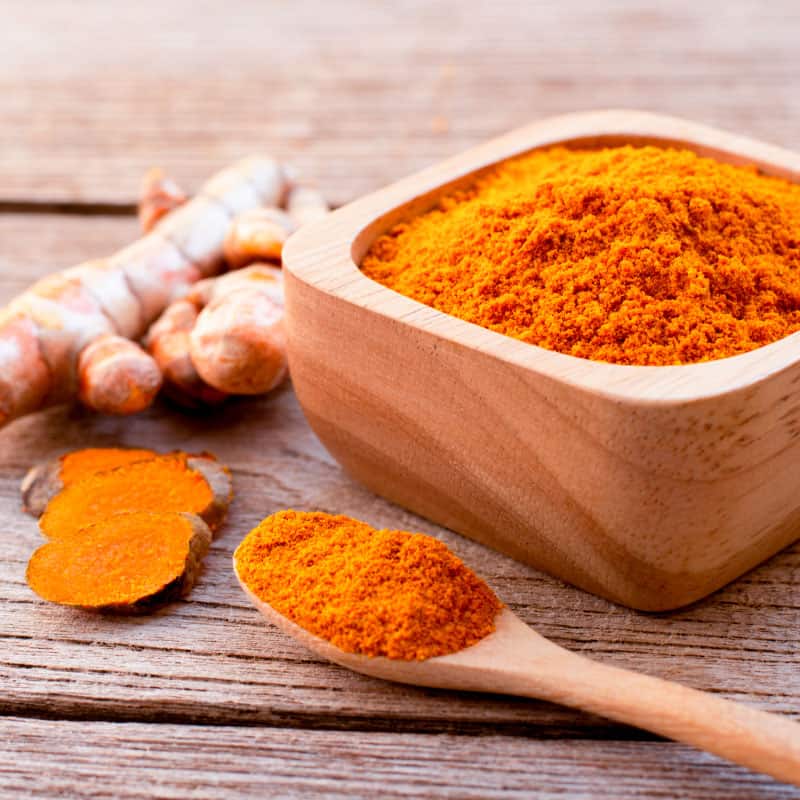
Tumeric
Turmeric, for example, has been shown to have powerful anti-inflammatory properties that can help to reduce inflammation and improve joint function in patients with arthritis. A study published in the Journal of Alternative and Complementary Medicine found that turmeric can effectively reduce inflammation and improve joint function in patients with osteoarthritis. Another study published in the Journal of Cancer Research found that turmeric can reduce the risk of various types of cancer, including breast, prostate, and lung cancer.
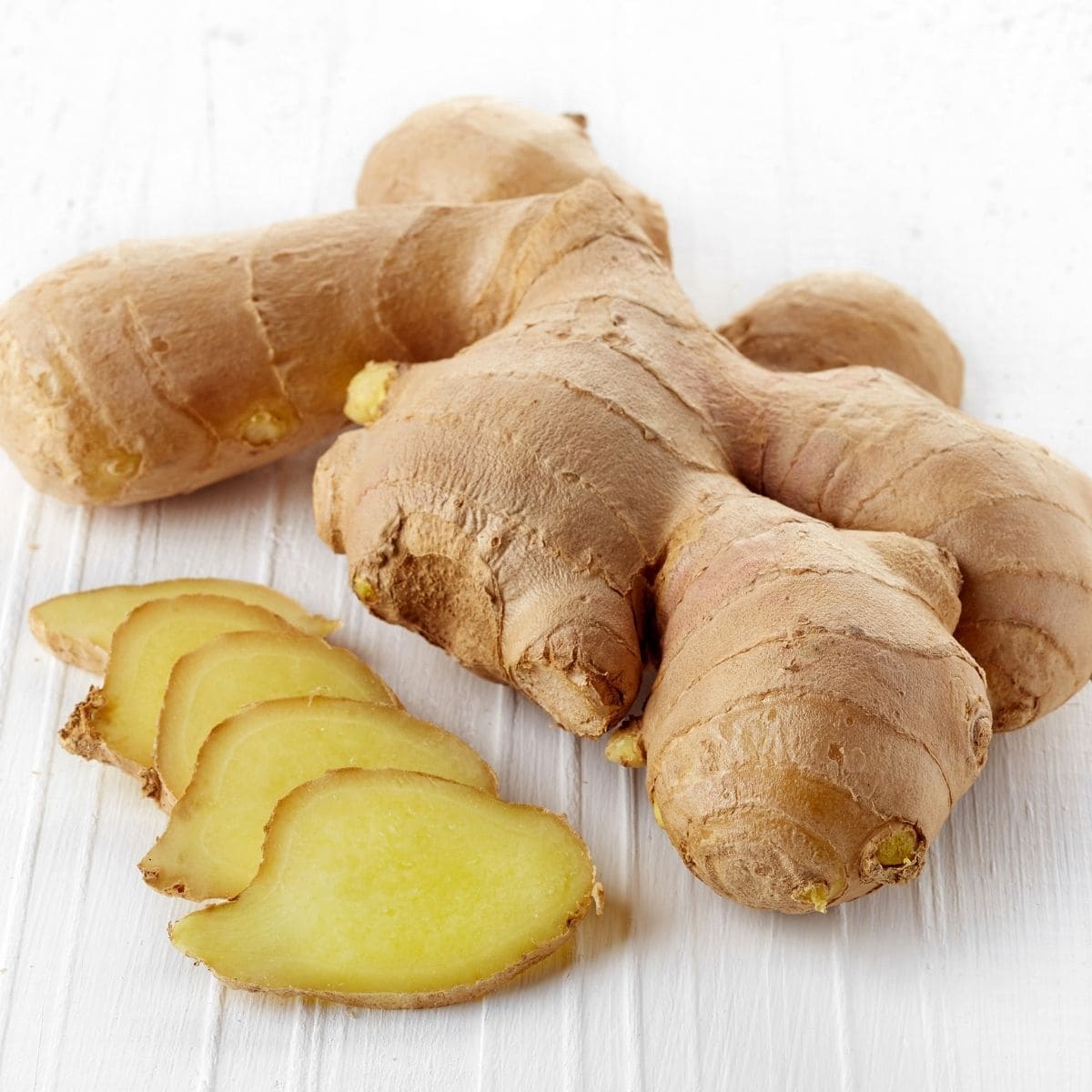
Ginger
Ginger is another commonly used herbal medicine that has been shown to have a range of health benefits. A study published in the Journal of Nausea and Vomiting found that ginger can effectively reduce nausea and vomiting in patients undergoing chemotherapy. Another study published in the Journal of Pain found that ginger can effectively reduce menstrual pain in women.

Ginko Biloba
Ginkgo biloba, a plant native to China, has been used for thousands of years to improve memory and cognitive function. A study published in the Journal of Psychopharmacology found that ginkgo biloba can effectively improve memory and cognitive function in healthy adults. Another study published in the Journal of Alzheimer’s Disease found that ginkgo biloba can slow the progression of Alzheimer’s disease and improve cognitive function in patients with the condition.
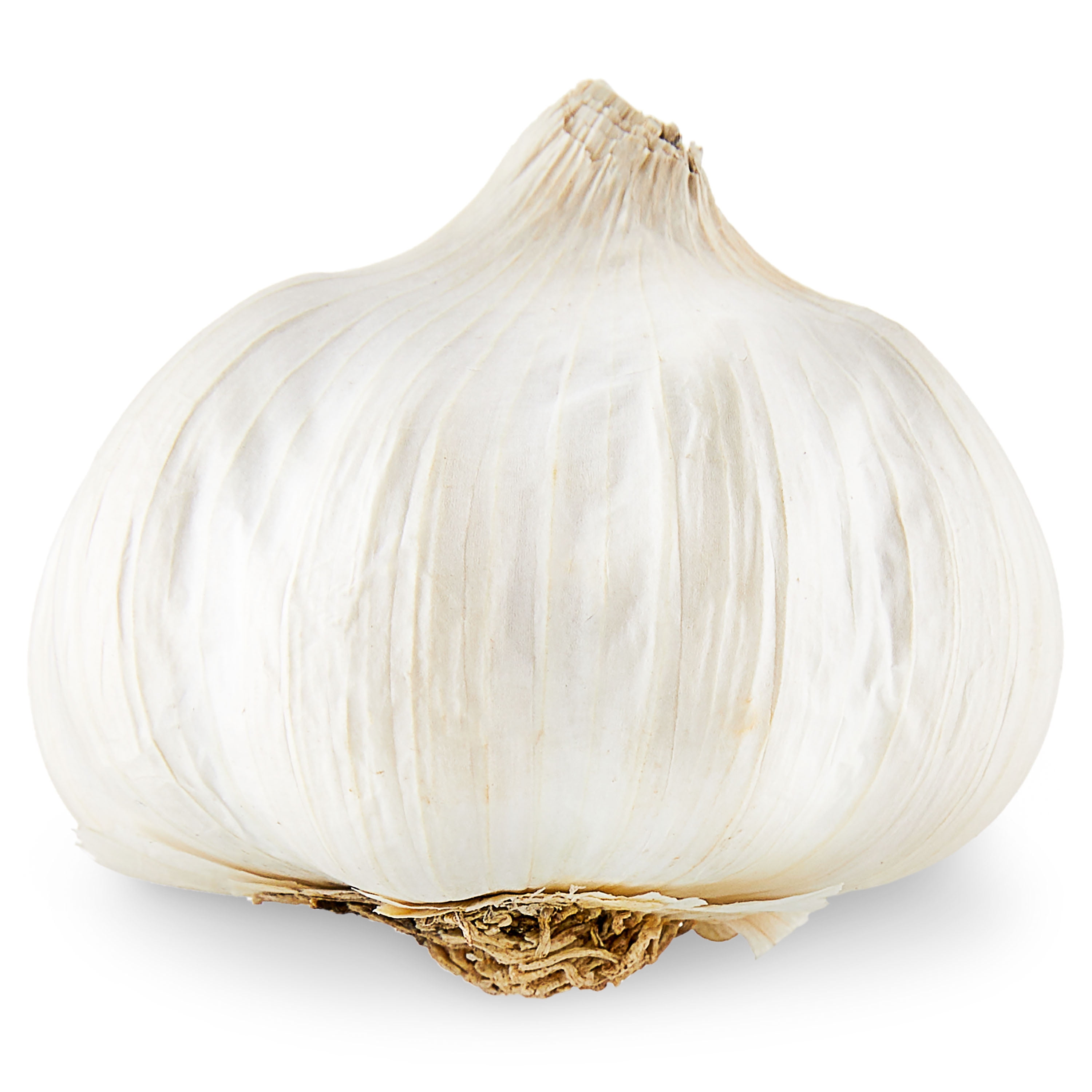
Garlic
Garlic is another commonly used herb that has been shown to have antiviral properties. A study published in the Journal of Antiviral Research found that garlic can effectively inhibit the growth of various viruses, including the flu virus and human immunodeficiency virus (HIV). Another study published in the Journal of Antimicrobial Chemotherapy found that garlic can effectively reduce the risk of viral infections, including the common cold and flu.
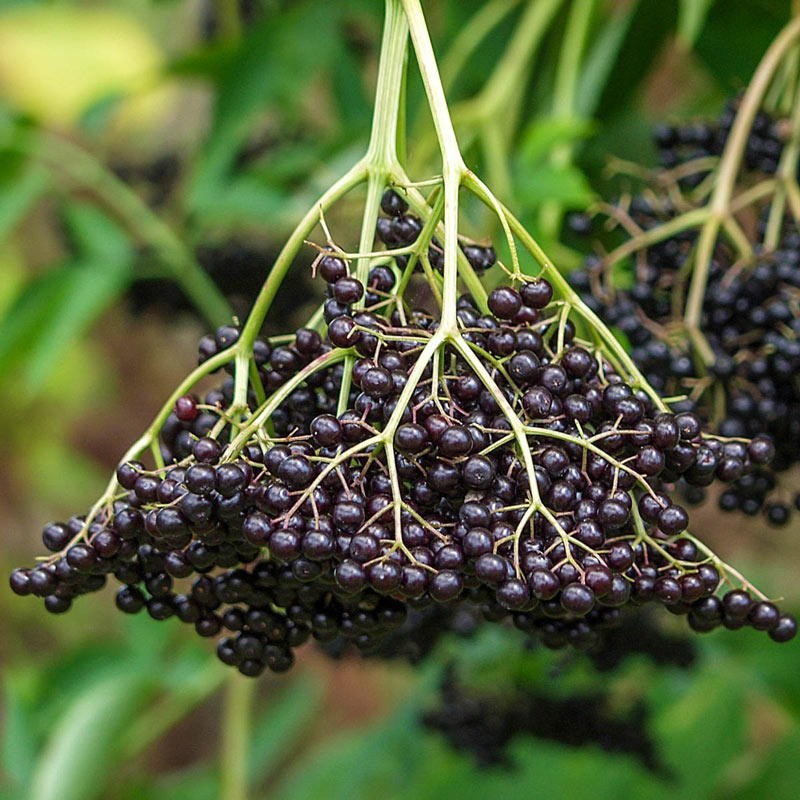
Elderberry
Elderberry, also known as Sambucus, is a plant native to Europe and North America that has been used for its medicinal properties for centuries. A study published in the Journal of International Medical Research found that elderberry can effectively reduce the severity and duration of flu symptoms. Another study published in the Journal of Alternative and Complementary Medicine found that elderberry can boost the immune system and reduce the risk of viral infections.

Echinacea
Echinacea, also known as purple coneflower, has been shown to have powerful antiviral properties. A study published in the Journal of Antimicrobial Chemotherapy found that echinacea can effectively inhibit the growth of various viruses, including the flu virus. Another study published in the Journal of Phytomedicine found that echinacea can boost the immune system and reduce the severity of cold and flu symptoms.
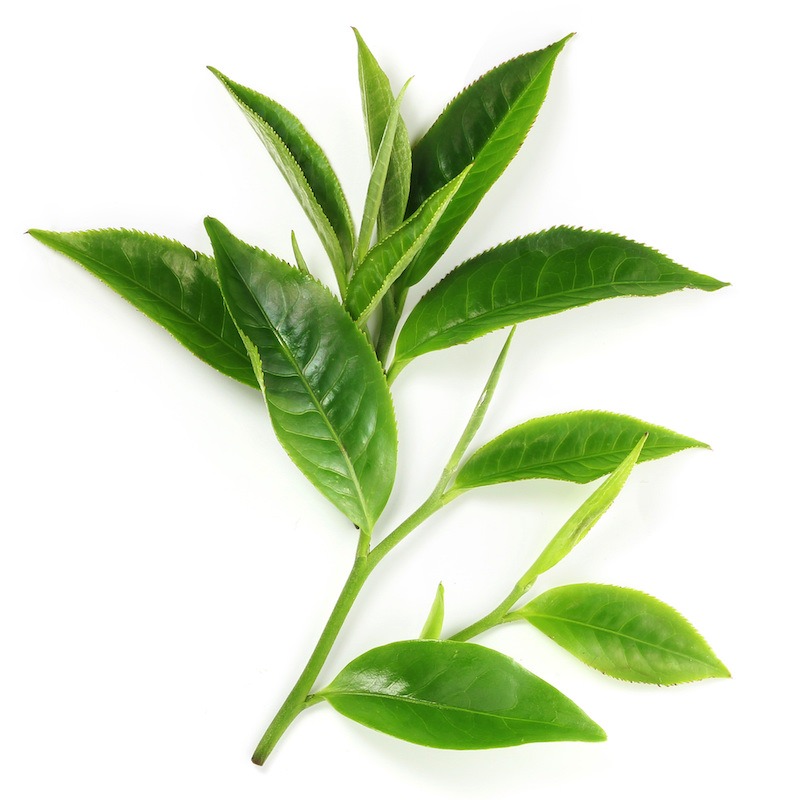
Green Tea
Green tea, for example, has been shown to have powerful antioxidant properties that can help to protect the body against oxidative stress and damage. A study published in the Journal of Cancer Research found that green tea can effectively reduce the risk of various types of cancer, including breast, prostate, and lung cancer. Another study published in the Journal of Nutrition found that green tea can improve heart health and reduce the risk of cardiovascular disease.
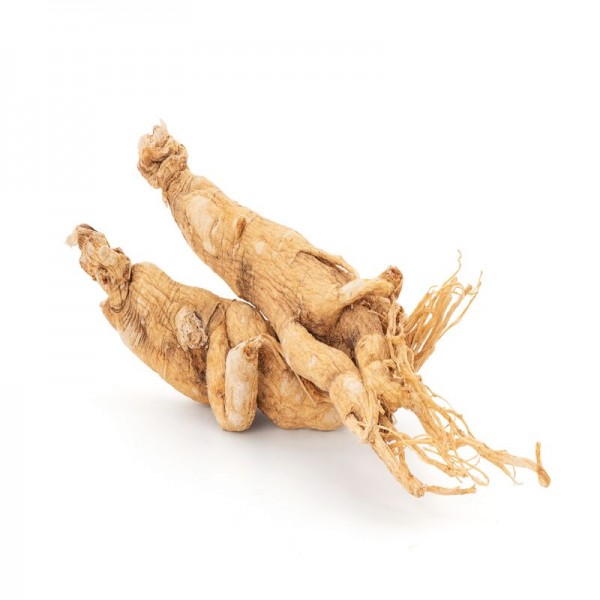
Ginseng
Ginseng, a plant native to Asia, has been used for thousands of years to improve overall health and well-being. A study published in the Journal of Evidence-Based Complementary and Alternative Medicine found that ginseng can effectively reduce oxidative stress and improve antioxidant status in the body. Another study published in the Journal of American College of Nutrition found that ginseng can improve heart health and reduce the risk of cardiovascular disease.
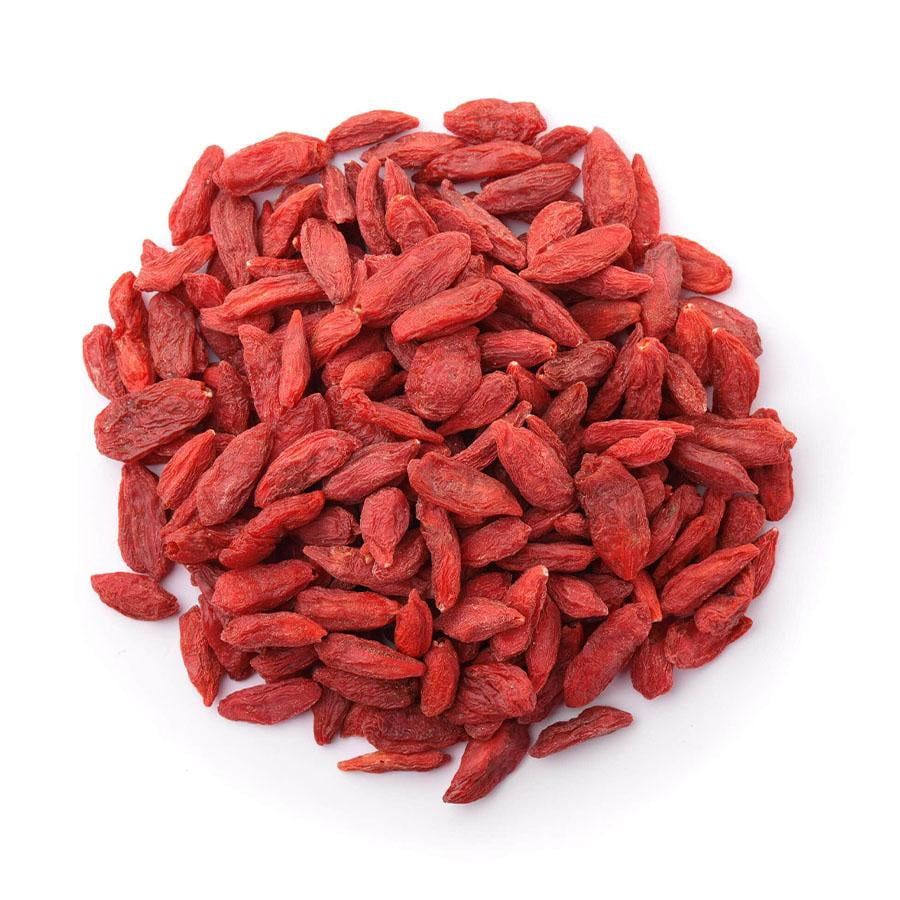
Goji Berries
Goji berries, also known as wolfberries, are a type of berry native to China that has been used for its medicinal properties for centuries. A study published in the Journal of Food and Chemical Toxicology found that goji berries can effectively reduce oxidative stress and improve antioxidant status in the body. Another study published in the Journal of Nutrition found that goji berries can improve heart health and reduce the risk of cardiovascular disease.
Conclusion
In conclusion, cannabis and herbal medicine are equally as important as Western pharmaceutical medicine. They provide natural and effective solutions to various health problems and have been used for thousands of years to treat various health conditions and improve overall well-being. While Western pharmaceutical medicine has its place in healthcare, it is important to recognize the benefits of these traditional forms of medicine and to incorporate them into our healthcare systems. By doing so, we can provide patients with a more comprehensive and holistic approach to healthcare.

